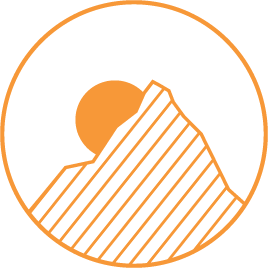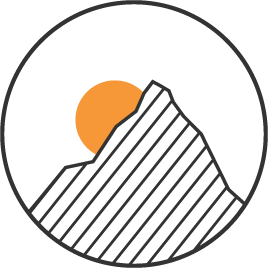Gathering #14 - Dr. Bridget Crone - LIQUID BODIES-WORLDS
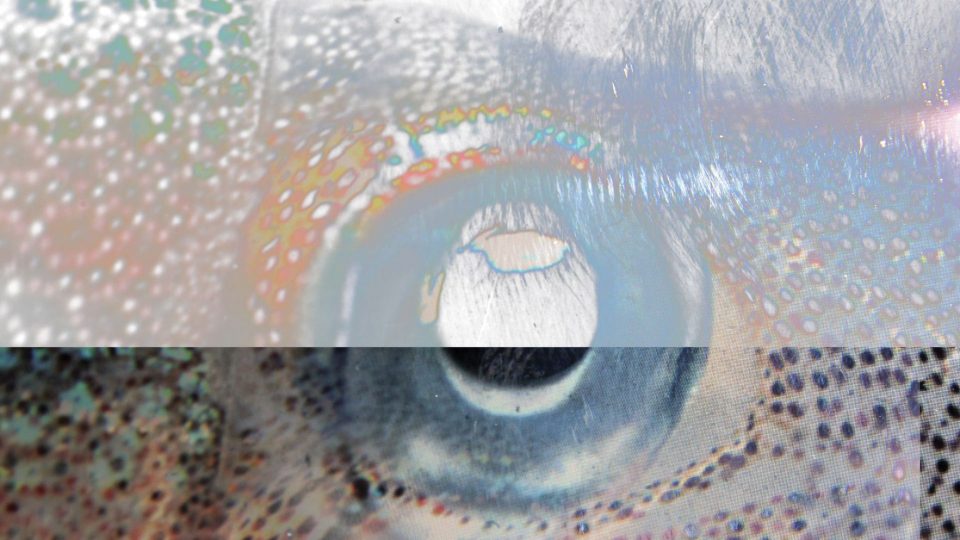
Anna Barham, Double Screen (not quite tonight jellylike), 2013, 2 channel HD video, 32 minutes]
Dr. Bridget Crone
LIQUID BODIES-WORLDS
Gathering #14 - Ongoing
Liquid Bodies-Worlds is a series of seminars, research and practice-led activity that explores artistic, poetic and philosophical approaches to the notion of “liquidity”. Our focus is on questions of methodology and practice in relation to states of immersion and transition. We will address the implications of ideas of liquidity as an ecology through field trips, workshops, performances and seminars with guest artists and theorists.
While there have been a number of events and a burgeoning literature surrounding watery ecologies, the oceanic and the liquid that emerges in relation to the social sciences and the environmental humanities, Liquid Bodies-Worlds is designed to engage with the field of artistic practice through engaging with questions of “liquidity” as an immersive experience of being-in-the-world and its implications for practice; questions of how to write from states of immersion, how to work from the body immersed in experience.
Approaching liquidity as a form of horizontal relation between bodies is not only to prioritise the experience and the becoming of the body in relation to other bodies (swarms, schools, smacks to use watery analogies here) but also to ask key questions of the body in its becoming – that is, to examine entanglements with fictions, technologies, finance and pharmacologies. How do we think, write or act within the immersion of these entanglements? How might we conceive of a body outside of the human, and outside of our own lived experiences? Do we want to?
Please note that there will be three Prep sessions in March with the final session will take place in the Summer Term, and further activity in 2019-20 academic year as part of the developing Liquidity Cohort.
The liquidity cohort is designed to cover areas of philosophy, theory and art practice related to questions of the body (or bodies, human and particularly otherwise) in “grey ecologies” (Virilio 2009) – biophysical, financial and digital networks. We aim to build a bridge between certain ideas found in new materialism and those related to thinking the possibility of being in the world (philosophy of mind, computation and digital ecologies). We are focussed on speculative approaches to thinking, practicing and writing from a states of immersion in differentiated worlds towards future possibilities and the project of survival in the broadest possible sense. The Liquidity Cohort aims to build a group of researchers (student and academic) working with and through different theories of the body and networked relations including dance, art writing, curating and working with ideas pertaining to machine learning, cybernetics, black study, ecology, gender and disability studies.
(Liquid Bodies-Worlds Series #2 starting in June can be seen here)
PREP SESSION 1.
Machines, molecularity and the “turbulent body”
Led by Bridget Crone
Tuesday 12 March, 3-5pm
In this session, we will read a short extract from Deleuze and Guattari’s book Anti-Oedipus in order to ground our discussion of liquid bodies in an understanding of “molecularity”. In considering the body as “molecular” and subject to various flows or turbulences, I would like to move in two directions – firstly, thinking about the notion of molecularity in relation to bodies (whether they be atoms or particles), events and processes, and secondly thinking about molecularity in relation to practice. This is the question of how to practice through a state of always already being enmeshed in the world.
Texts:
Gilles Deleuze and Felix Guattari, “The Molecular Unconscious” in Anti-Oedipus, London and New York: Continuum, 2004, pp. 311-15.
Luciana Parisi and Tiziana Terranova, “Heat-Death: Emergence and Control in Genetic Engineering and Artificial Life”, ctheory.net, published: 5/10/2000. Last accessed: 12 February 2019, pp. 14-18. Sections: “Molecular assemblages: a clone is not a copy” and “Postscript on Turboethics”.
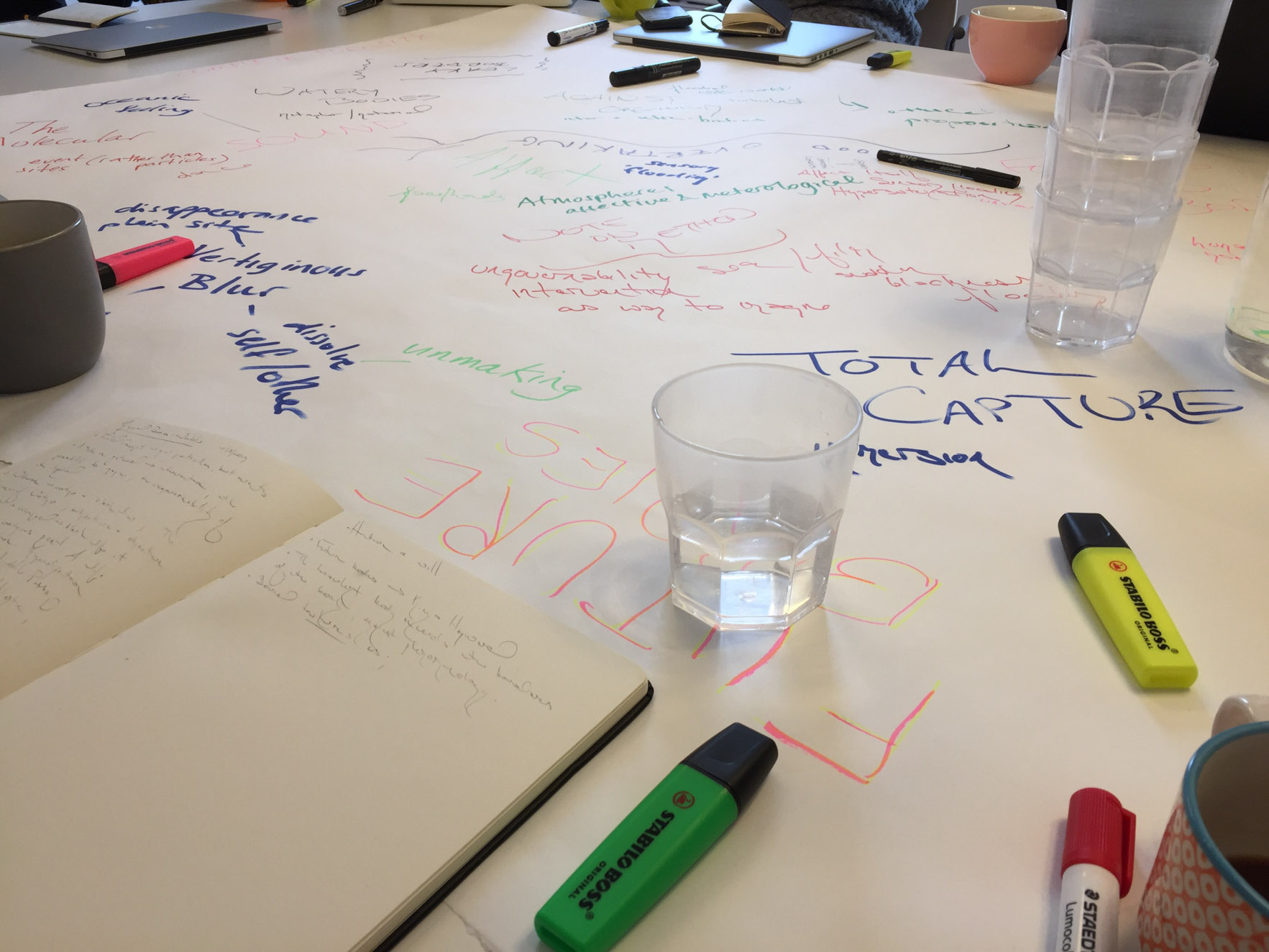
PREP SESSION 2.
Wet Rest
Led by Lucy A Sames
Tuesday 19 March 3-5pm, Goldsmiths
Note that in order to participate in this workshop you must visit and undertake a float tank session in the week prior.
Wet Rest is a research group that employs the embodied and sustained practice of floatation for artistic research.
In a behavioural science context, floatation is a form of restricted environmental stimulation therapy (REST), or sensory deprivation: one floats alone for one hour in the dark, in water highly salinated with Epsom salts that provide buoyancy to the body and limbs; the water and air are both heated to body temperature and ear plugs exclude sound. Developed during the 1950s by neuroscientist John C Lilly, floatation is today utilised largely for physical therapy, meditation, to increase productivity, for accelerated learning and behaviour modification (phobia and aversion therapies).
Further to these therapeutic uses, Wet Rest considers the multi-dimensional affective experience of floatation (of which stimulus reduction is just one element) including such corollary effects as kinaesthetic disorientation (apparent feelings of disembodiment or out of body experiences) and spatio-temporal distortion, as means with which to examine the conditions of posthumanism, liquidity and altered states of consciousness. In this way, Wet Rest redeploys floatation as a technology for developing an holistic and embodied methodology for artistic research.
Convened by Lucy A. Sames, Wet Rest has been meeting since October 2017 and each month its members participate in both a floatation and an accompanying reading group. Working with this format, for this session we will each undertake a one-hour floatation at Floatworks (Vauxhall, South London), followed by a discussion group at Goldsmiths focussing on two selected texts:
Texts:
Neimanis, A., 2017. Bodies of Water: Posthuman Feminist Phenomenology, Bloomsbury Academic, pp. 27-64
Oliveros, P., 2005. Deep Listening: A Composers Sound Practice, Lincoln, USA: Deep Listening Publications, pp. xxi-xxv
No prior experience of floatation is required, but commitment to both parts of the workshop (floatation and reading group) is essential.
We will offer a number of free floats to assist access to the workshop.
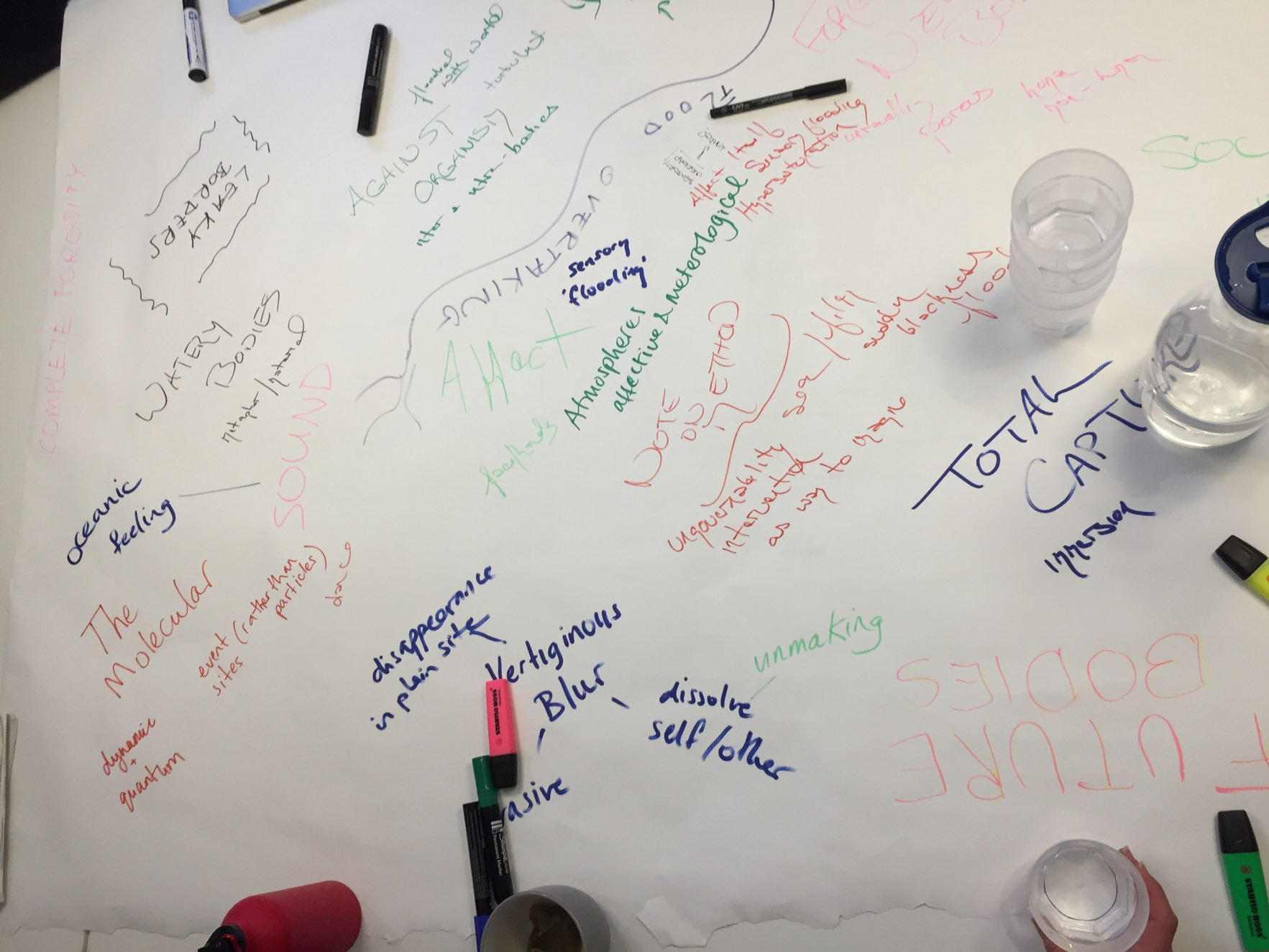
PREP SESSION 3.
Vocal Oceans
Led by Kate Pickering with guest Anna Barham
Tuesday 26 March, 3-5pm
This final prep session takes three performances involving the voice as a starting point for a discussion about embodied experiences of immersion in otherness. We will begin with a group reading, in collaboration with voice recognition software as a means to create a human and non-human body of text where individual vocalisations seep into the collective.
In the readings which follow, Barham and Pickering explore states of dissolution of both language and body:
Anna Barham will perform Yet as yet, a rhythmic and repetitive text developed from human and computer readings of a passage from Vilém Flusser’s Vampyroteuthis Infernalis (vampire squid). Through her live vocalisation, Barham inserts herself into the material, momentarily articulating some of the possibilities and images within it.
Kate Pickering will read Gyoza Mystic, an excerpt from a recent text The Hermit and The Crowd, which describes a transformation into an aquatic lifeform, experienced whilst recumbent in the dark void of the floatation tank.
These three reading events will form a starting point for a discussion around the voice as an immersive medium, containment, dissolution, and the thrill/threat of being fundamentally altered by an other.
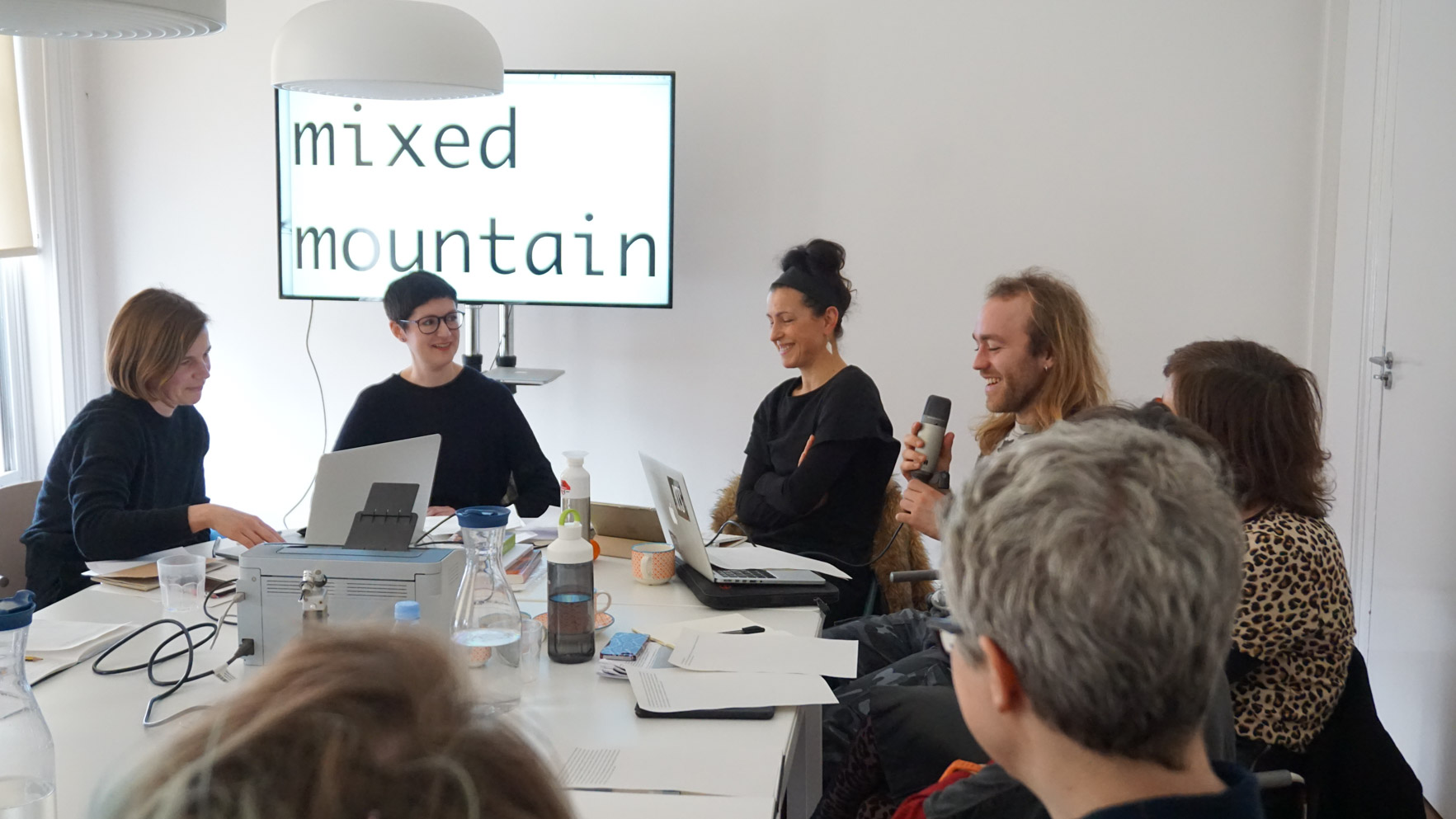
Anna Barham’s work explores translation, authorship and subjectivity as distributed forms of agency. Her practice is centred on a use of language as raw material - moving it between different bodies, forms and technologies to create complex feedback loops between a subject and a system. Taking resulting material as a kind of interface, she uses video, text, print, installation and live events, to set up elliptical relationships between human and non-human others, words, sounds and images, that consider the audience as further agents in the production and transformation of ‘sense’. Recent projects include Liquid Crystal Display, Site Gallery, Sheffield and MIMA, Middlesborough; Yet as Yet, Fig Futures, De Montfort University, Leicester; A sentence can be ours and ours, Playground Festival, Museum M, Leuven, BE; This is a voice, Wellcome Collection, London and MAAS, Sydney; Secret Surface, K-W, Berlin; and Nouveau Festival: Air de jeu, Centre Pompidou, Paris.
Bridget Crone is Senior Lecturer in Visual Cultures at Goldsmiths, The University of London. Her research and work as a curator and writer weaves together forms of speculation and enquiry across fields of practice to propose new forms of encounter between body and the image. This is reflected in her edited book The Sensible Stage: Staging and the Moving Image which was recently published in a revised, extended edition (Intellect / University of Chicago Press, 2017), and the recent project Propositions for a stage: 24 frames of a beautiful heaven (2017, Institute of Contemporary Art, Singapore). Her current book project Liquid Bodies Liquid Worlds explores the ways in which contemporary art proposes a remaking of our understanding of the body amidst technological and biophysical change. Recent essays include: “Future” (2019, with Henriette Gunkel, The Bloomsbury Handbook for 21st Century Feminist Theory, London: Bloomsbury); “Flicker-time and Fabulation: from flickering images to crazy wipes” (2017, Fictions and Futures, London: Repeater Books); “Opera as Method in the work of Grace Schwindt” (2016, Museum of Contemporary Art Vigo, Spain).
Kate Pickering is a London based artist, writer and PhD researcher in the Departments of Art and Visual Cultures at Goldsmiths. She investigates belief as embodied narrative through research into Evangelical megachurches, focusing on how a body is dis/oriented within the megachurch through material, visual and fabulatory conditions. This research is extended into writing and staging site based readings of fiction. Pickering has exhibited nationally (Tenderpixel, TAP, Bloc Projects, Bury Art Gallery, ICA) and internationally (Bangkok Art and Culture Centre, Thailand; Espacio Enter Canarias Festival, Spain; Four Boxes, Denmark; Bangalore Foundation for Indian Contemporary Art, India; Moon Event Space, China). Her writing has been published in Dual Mirage, Misery Connoisseur, Yellow Pages (Copy Press), EROS and K[]NESH Space. She will be contributing to two forthcoming conferences: Corroding the Now: Poetry + Science/SF (University of Surrey; April 2019) and Imagining the Apocalypse (The Courtauld; October 2019). https://kate-pickering.com/
Lucy Sames is a curator and researcher living and working in London. She is an Associate Lecturer in Visual Cultures at Goldsmiths, University of London and holds a PhD studentship at Northumbria University (Newcastle 2016-19). Her curatorial practice-based PhD research project SYBRNTCKMYSTX utilises mystical diagramming as a technology for analysing the intersection of cybernetics and altered states of consciousness as manifest in contemporary art practiceand curating. She is Co-Director and Co-Curator at Res. http://www.beingres.org
